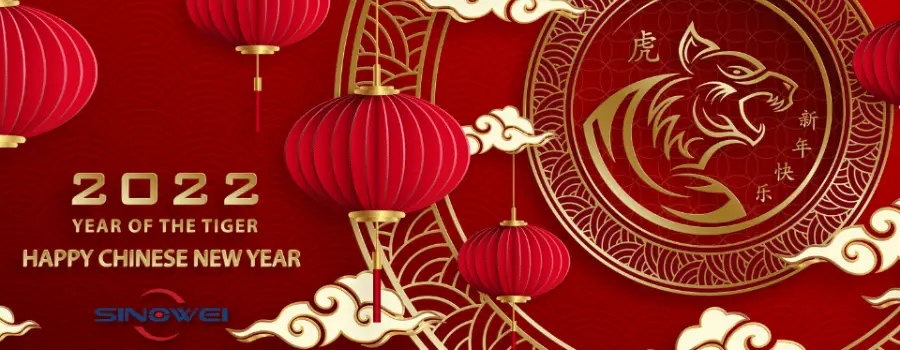
A cool thing about the Chinese, is they’re great travellers and seekers of adventure. As a result, we’ve seen waves of Chinese emigration throughout history and their influence can be seen all over the world. An example of this is the fact that twenty countries and regions recognise Chinese New Year as a designated day. In the run up to Chinese New Year 2022, we want to help build a better understanding of this festival and answer your questions!
Why does Chinese New Year fall in Jan/Feb?
As one of the top questions we were asked – it would be a good one to start with.
First, we must recognise that time is man-made. No, we’re not playing God – but the hourly, daily, monthly and annual segmentation beyond “night and day” was created over the history of mankind.
According to a recent estimate, there are about forty calendars used in the world today – so it’s no wonder we see several time conflicts. The main roots of human time-keeping are derived from Lunar and Solas Calendars. What’s the difference? In short – the celestial body used to measure the passage of time: moon or sun.
Solas calendars are based on the position of the sun in relation to the stars behind it. One year equals the time required for the earth to rotate around the sun. Seasons and time are measured between the vernal equinoxes. We see 365 days in the Solas year with the exception of leap year which helps synchronise the additional 0.25 days it takes for full earth-sun rotation.
Lunar calendars are based on cycles of the moon phases. A month is measured from one new-moon to the other. We see 354 days in the Lunar year, give or take. Lunar Calendars are still in wide use, particularly in Asia to keep track of religious festivities.
This is why Chinese New Year is nearly a month after Western countries. Since ancient times, China has followed the lunar calendar to plan the cultivation and harvesting of crops, which has also evolved into the 24 solar terms.
Some of the oldest calendars known in history were Lunar. Past societies emphasised the genuine connection between human behaviour and the moon.
Ultimately, we are controlled by both cycles in different ways. Let’s hope this New Moon of 2022 brings a joyful and prosperous year for us all! Gong Xi Fa Cai!

Room 202 & 203,
No.1 Lane 1588,
Zhuguang Road,
Quingpu District,
Shanghai 201702
+86 021-59283775
River House,
48-60 High St.
Belfast
BT12BE
Kemp House,
152-160 City Road
London
EC1V 2NX
